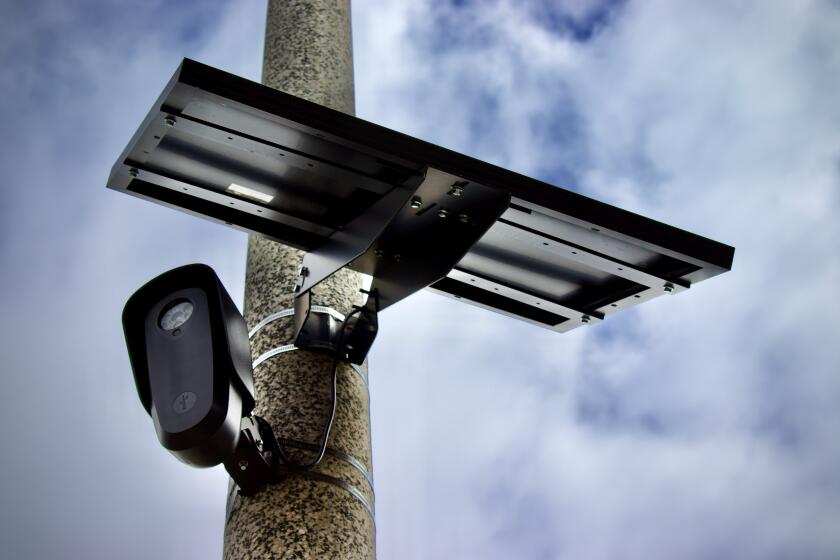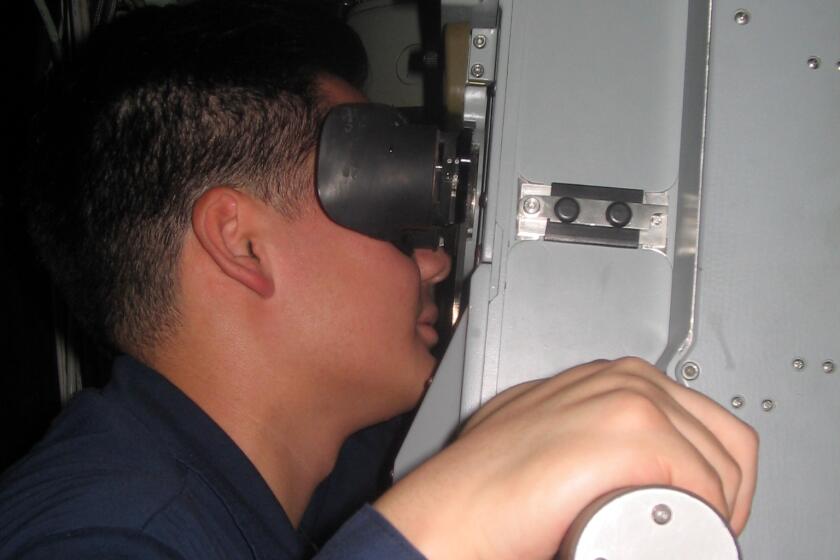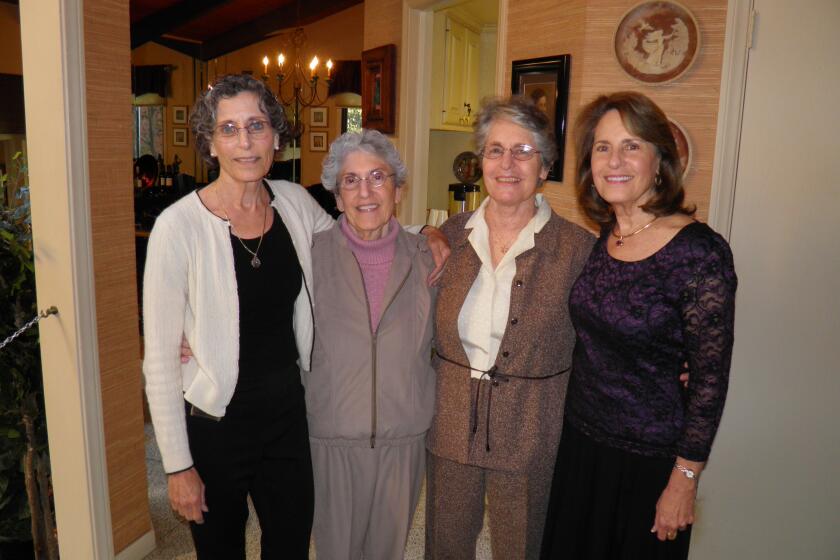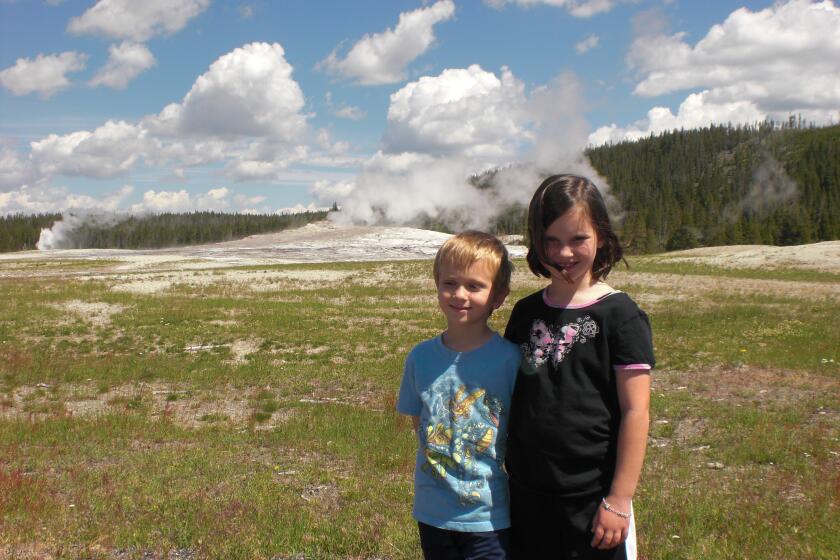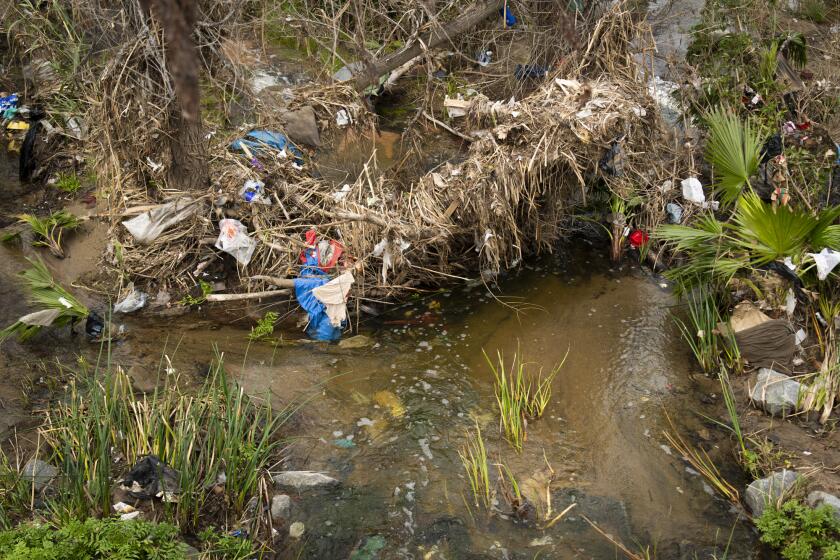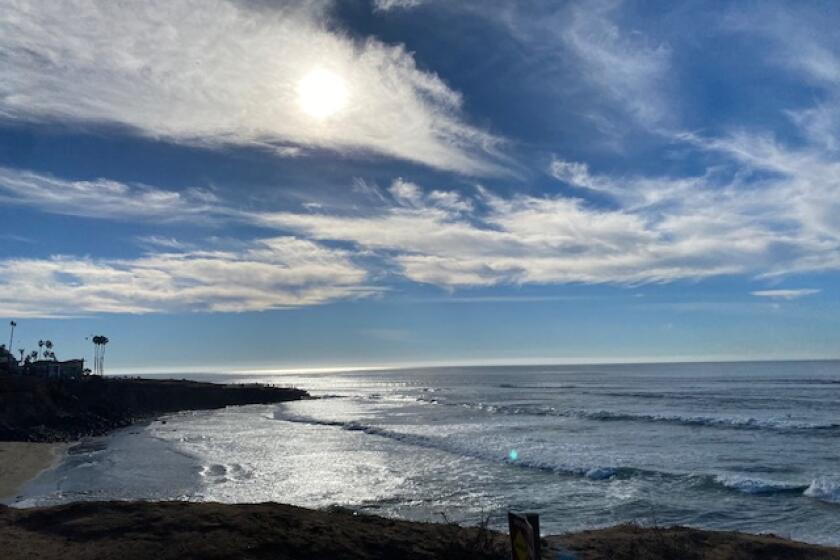Commentary: Arab Americans face a particular brand of discrimination. This is what we go through.
Before May, I was marginally White. When George Floyd died, I became Brown.
Tens of thousands of American police receive militarized training, including the knee to neck hold that killed George Floyd. It is especially familiar to Palestinian Americans, because it is used against Palestinians under Israel occupation. However, before May, we did not connect it to the pointed suffering of Black Americans.
Arab Americans hesitated before approaching Black Americans because we did not want to appropriate their suffering to cast a light on ours. Could our take on Floyd’s death dilute our Black brothers’ and sisters’ goals? After a few days and some phone discussions, we met virtually with the Racial Justice Coalition of San Diego. Our conversation resulted in embracing overlapping goals including peace and justice in the United States and abroad. Last July, we cemented our ties by co-writing an op-ed about the militarized training of San Diego County law enforcement agencies by Israel.
It has been a year of intersecting synapses and bridging chasms as we defined our particular brand of discrimination. Arab Americans are racially profiled like Black, Latinx and Asian Americans. Many of us also pass for White. Islamophobia plagues our Arab multi-religious identities even though some of us are not Muslim. Arabs are Semites and we relate to anti-Semitism. Many of the stereotypes that affect Jewish Americans are familiar, such as controlling the oil industry, real estate moguls and the label of greed. Historically, Arabs are depicted like the European etchings of miserly Jews in cartoons and unflattering photographs. When Jews were “cleansed” from Spain in 1492, Arabs joined them on merchant marine vessels headed to Muslim lands. We also extend our hands to Latin and Mesoamericans who offer another facet of commonality.
Over a year ago, we forged ties with the Japanese American Citizens League of San Diego. The word “citizens” in their title clued Arab Americans in on how to think about our identity. Are we full citizens in this country? Are we treated equally? The unfortunate answer is no. However, we are finally connecting the dots with others, which gives us the collective strength to be acknowledged one day soon, inshallah.
Significant coalition partners for at least two decades include San Diego Jews, mainly from Jewish Voice for Peace. Our continuous conversations include pre-pandemic picnics and endorsing the San Diego Arab Film festival that Karama of San Diego organizes. San Diegans and all Americans may find tremendous hope to know how we work toward peace.
Arabs here and abroad are little-known. Coalitions strengthen our collective goals and check on our echo chambers. Together we focus on the media, government, cultural and educational institutions, and the judiciary to acknowledge our voices and ask why we are repeatedly cheated of justice. George Floyd’s terrifying death is a clarion trumpet instructing us to connect dots and connect to one another with love and an open heart.
Bittar is an artist, educator and writer, and San Diego chapter president of the American Arab Anti-Discrimination Committee. She lives in North Park.
Get Weekend Opinion on Sundays and Reader Opinion on Mondays
Editorials, commentary and more delivered Sunday morning, and Reader Reaction on Mondays.
You may occasionally receive promotional content from the San Diego Union-Tribune.

